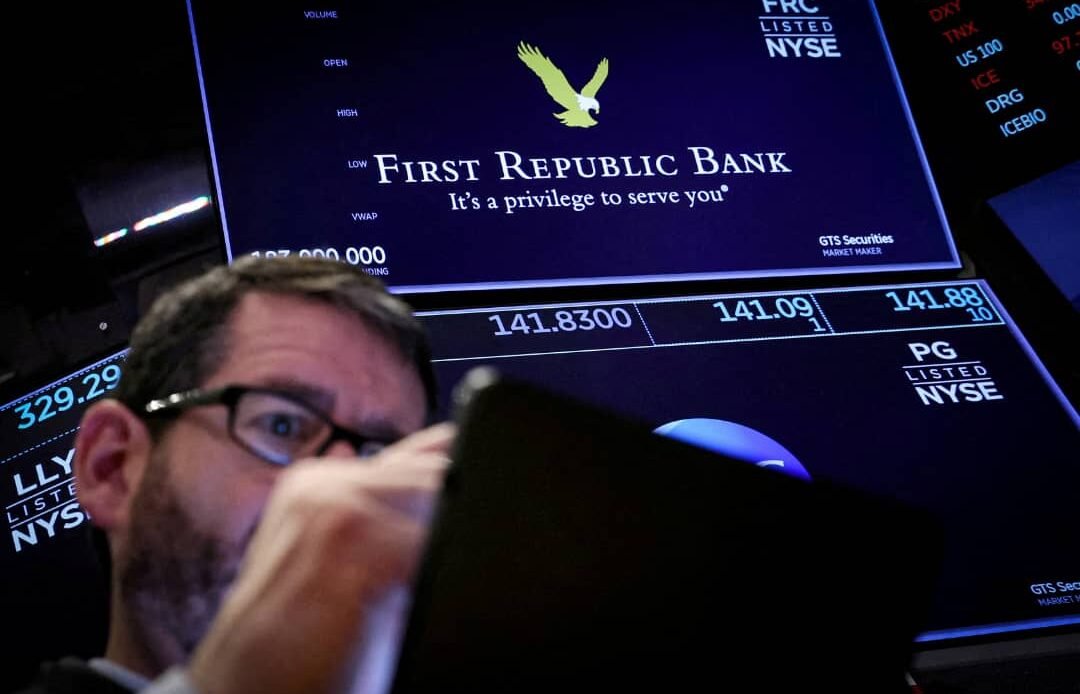JPMorgan is acquiring the embattled regional lender First Republic to avoid another failure
The frailties of the US financial sector may be much more profound than bankers and policymakers suggest, an analyst told CNBC on Tuesday. The warning follows a wave of turmoil in regional US banks.
David Pierce, director of strategic initiatives at Utah-based GPS Capital Markets, raised questions over the way US financial regulators are tackling problems faced by First Republic, the latest US lender hit by deposit runs.
“If you listen to the political side of this, you would have them tell you that it really is a non-issue because it’s all covered through the FDIC [Federal Deposit Insurance Corporation] insurance, but money has to go into that and they’re insuring deposits well above what the insurance covers, and on the flipside of that you look at the deal that [JPMorgan CEO] Jamie Dimon made, and they got a great deal in their purchase,” the analyst told CNBC.
Earlier this week, First Republic was seized by US financial regulators and acquired by JPMorgan, the country’s biggest financial institution. The San Francisco-based bank had previously received a $30-billion rescue shot from top Wall Street banks in the form of deposits. The sale of First Republic Bank followed massive deposit runs in March, which had caused two regional lenders, Silicon Valley Bank and Signature Bank, to fail within days.
The same month, the US Federal Reserve announced a new Bank Term Funding Program, offering loans of up to a year, in a bid to shore up confidence in the banking system and protect depositors at failing banks. Under the scheme, both insured and uninsured depositors will receive full access to their money through a special fund of the FDIC. The regulator has also eased the terms of banks’ access to its discount window.
The US Federal Reserve is expected to announce its latest decision on monetary policy on Wednesday. A series of rate increases, which began nearly a year ago, has so far exposed poor management in some smaller US lenders, which were apparently caught by surprise by the sudden tightening of fiscal policy.
This article was originally published by RT.



